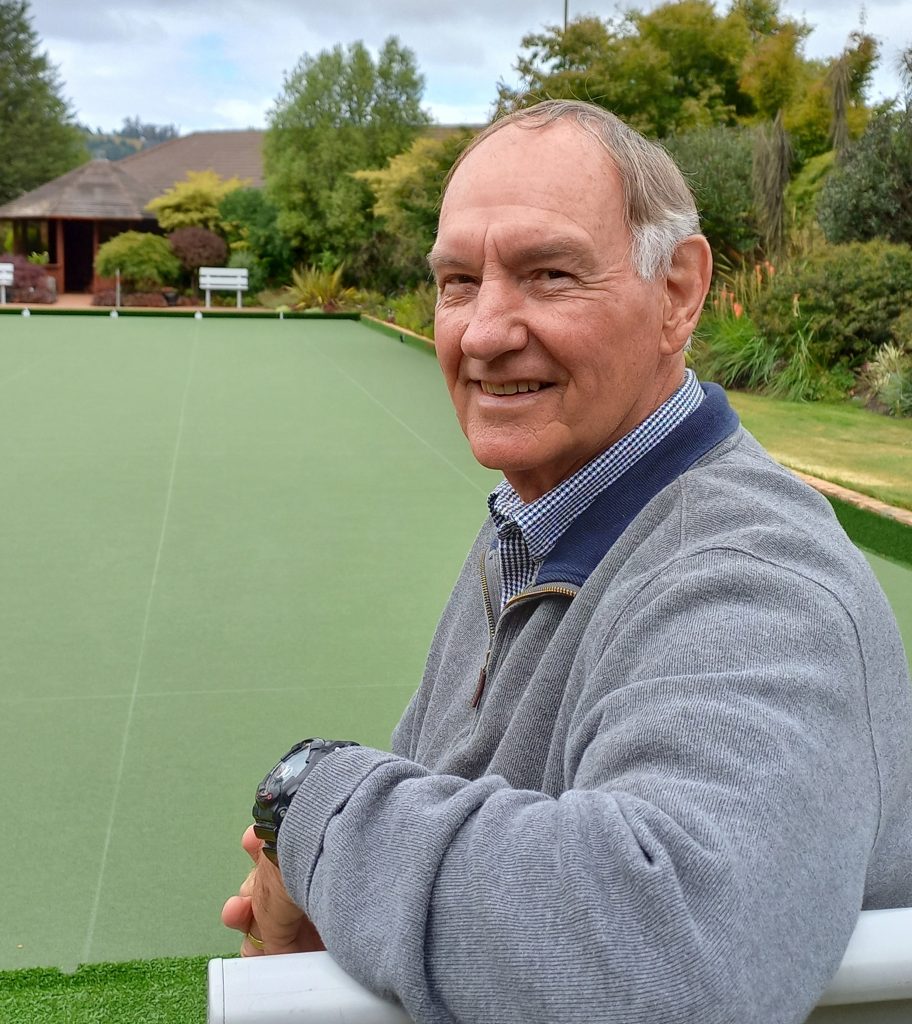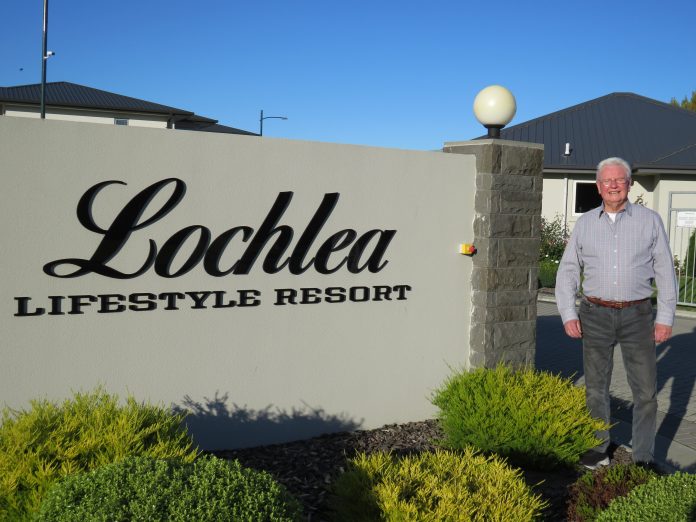The Retirement Village Residents Association of New Zealand is a nationwide organisation working in 14 regions.
Its members are looking at getting a review of the 2003 Retirement Village Act.
The Act ‘‘wasn’t really fit for purpose when it was introduced and it certainly isn’t now,’’ national president Brian Peat said.
The association are asking for the Act to be reviewed to ensure ‘fairness and consumer protection’ for residents.’’
With this year being an election year the association ‘‘see the huge potential to lobby government and all political parties to bring about changes to the Act, and political parties are listening,’’ he said.
‘‘The association is a lobby group not a union, who want consistency across New Zealand for village residents.
‘‘For two years now the association has be working on what changes are needed to the 2003 Act. The government have done a scoping paper on the Act,’’ he said.
When the Act was written the authors were the Retirement Village Association, which is the parent body of all retirement villages and operators.
Brian said with no review period clause included in the Act there couldn’t be a review, ‘‘unless there was a large swell of concern that the Act needed to be reviewed.
Lochlea resident Lance Earney said ‘‘People move into retirement villages for companionship and security. ‘‘Many retirement villages like Lochlea, are ‘wonderful places to live and they are well looked after,’’ he said.
But that isn’t the case at all retirement villages and the association is pushing for fairness at all retirement villages.
The residents association has some priorities they would like looked at in the review.

When a resident needs to move out of their unit in a village through moving some where else or death, they or their estate can wait a considerable length of time to have their capital returned.
The money belongs to the resident or their estate, but Brian said in some cases it can be months before money is refunded.
The association is advocating for the money to be returned within 28 days and this ‘‘is miles apart from the Retirement Village Association and operators view on when is a reasonable time to return the money,’’ he said.
Some villages do pay a little bit of interest on the capital if it hasn’t been returned after nine months, but not all villages do this.
The association is asking for a national agreement on time frame of returning money and paying interest.
All residents going into a retirement village sign an Occupational Rights Agreements (ORAs). In some villages these agreements are difficult to understand and can be up to 140 pages long.
Brian said there are probably 400 different agreements around New Zealand, ‘‘there needs to be one document for all of New Zealand.’’
The association are asking for ORAs to be looked at in the review.
When someone enters a retirement village not only do they pay to purchase the unit but there are weekly and monthly fees, for things like gardening, roading and maintenance. When a person vacates their unit the fee doesn’t end straight away in some villages. In some cases the fees continue until a new resident moves in.
‘‘A person could be dead but their estate is still paying the fee,’’ said Brian.
If a person moves to a care facility in some cases they are paying fees at both places and this is unreasonable, he said.
Some villages have a ‘fixed fee for life’ policy meaning the fee agreed by resident and operator is set for duration of person’s time in the village.
‘‘Around 30 to 40 percent of operators don’t have this and can charge what they like or inline with Consumer Price Index,’’ Brian said.
‘‘All we’re asking for is a review of the Act, because at the moment there is nothing in the legislation that protects us which is quite sad.”
The association currently has a membership of around 10,000 but there around 50,000 residents in 450 retirement villages around New Zealand at present. It began in 2014 and at that time mainly worked in Auckland, Waikato and the Bay of Plenty.




